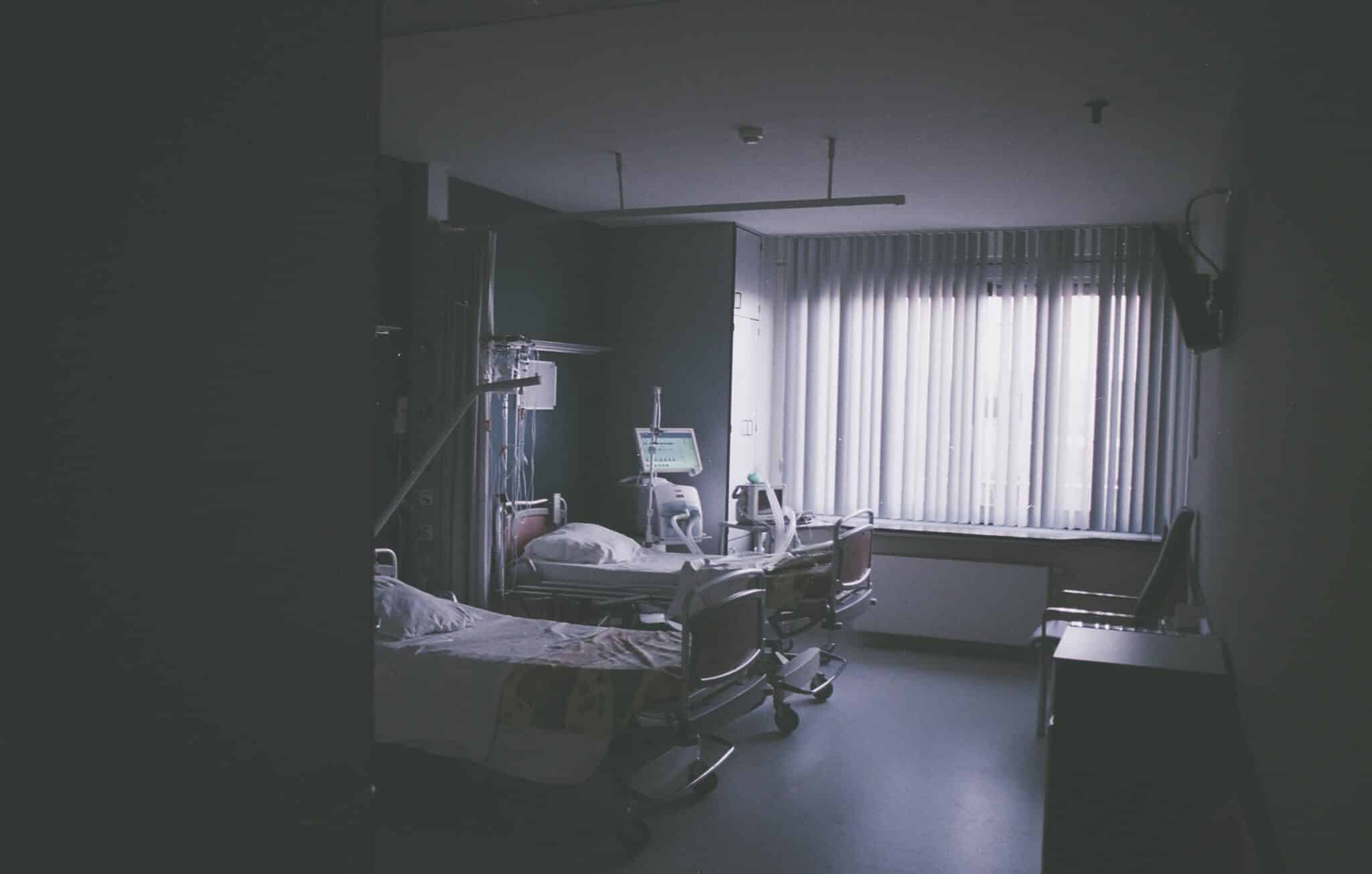Q: Hospitals today really encourage people to have living wills. Is it permissible for patients to choose to have water and food withheld in case of very severe illness? I think this is suicide.
A: “Advance medical directives” are more common today than living wills. Usually linked to a power of attorney, these directives identify who is to make medical treatment decisions if the patient cannot.
“Living wills” indicate the use or nonuse of procedures available when the will was written. Such wills often address terminal illness but not other medical conditions. New technologies often arise after a living will is formulated. The moral obligation to maintain nutrition and hydration is a disputed issue among moral theologians today. Some argue that withdrawing these is permitted if the person is in a persistent vegetative state; others deny that.
In 1995 the National Conference of Catholic Bishops issued “Ethical and Religious Directives for Catholic Health-Care Services.” The bishops say, “There should be a presumption in favor of providing nutrition and hydration to all patients, including patients who require medically assisted nutrition and hydration, as long as this is of sufficient benefit to outweigh the burdens involved to the patient” (#58).
The bishops acknowledge that in some cases maintaining nutrition and hydration could involve excessive burdens for a patient.
In an address to the bishops of California, Nevada and Hawaii (October 2, 1998), Pope John Paul II said that the NCCB’s 1995 statement “rightly emphasizes that the omission of nutrition and hydration intended to cause a patient’s death must be rejected and that, while giving careful consideration to all the factors involved, the presumption should be in favor of providing medically assisted nutrition and hydration to all patients who need them.”
This issue is treated in the Catechism of the Catholic Church (#2278) and the 1995 encyclical, Gospel of Life (#65). Chapter 13 of Father John Dietzen’s Catholic Life in a New Century (Guildhall Publishers, 1997) can help people reflect on their approach to medical treatments. They should share their conclusions with loved ones.








